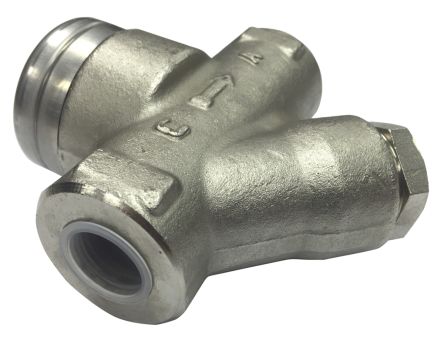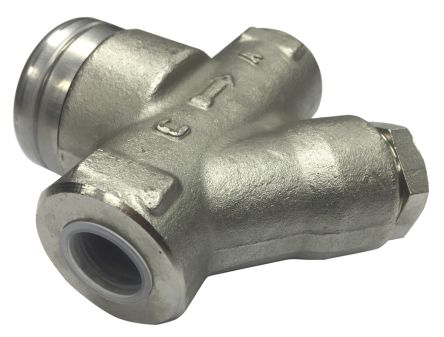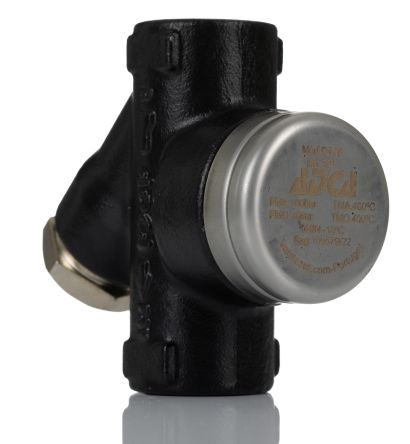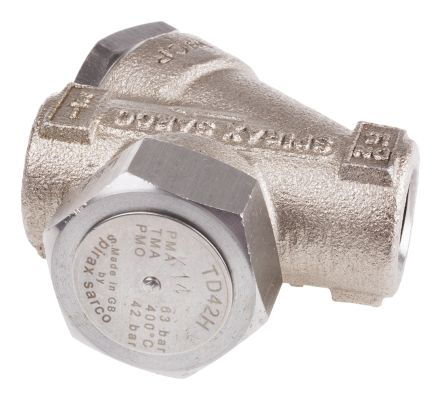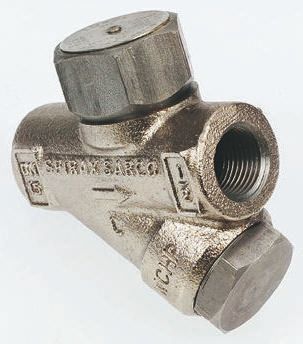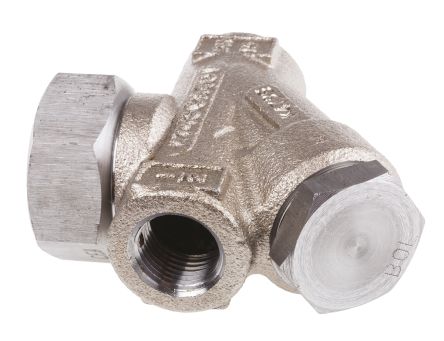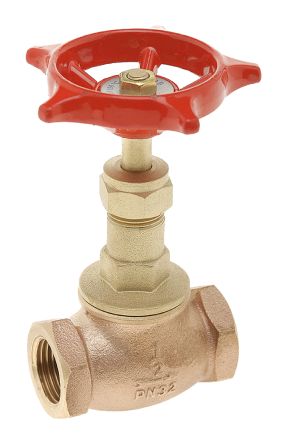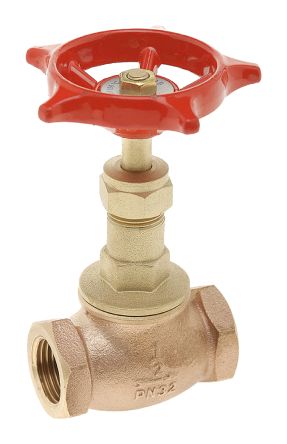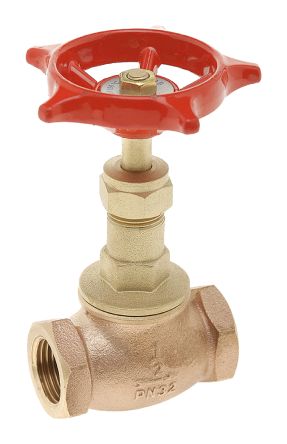- Automation & Control Gear
- Cables & Wires
- Enclosures & Server Racks
- Fuses & Circuit Breakers
- HVAC, Fans & Thermal Management
- Lighting
- Relays & Signal Conditioning
- Switches
- Batteries & Chargers
- Connectors
- Displays & Optoelectronics
- ESD Control, Cleanroom & PCB Prototyping
- Passive Components
- Power Supplies & Transformers
- Raspberry Pi, Arduino, ROCK, STEM Education & Development Tools
- Semiconductors
Thermodynamic Steam Traps
Steam traps are a type of automatic valve that filters out condensed steam and non-condensed steam, such as air without letting steam escape. Steam is used for regularly for heating or as a driving force for mechanical power. Used to ensure that the steam is not wasted in such applications.
Steam Trap Types
There are three main types of steam traps to consider, these are:
Mechanical Traps
Mechanical traps sense the difference in density between steam and condensate. Condensate from this type of trap is continually discharged, leaving none to the process. These are the most commonly used steam traps utilised today in systems that require large discharge capacities. Bucket traps use an inverted bucket as a float device that releases the condensate once the bucket to loses buoyancy and sinks, opening the valve allowing the condensate to be released.
Thermostatic Traps
Thermostatic traps utilised a temperature sensing element to determine when to discharge the condensate. Balanced pressure traps operate by balancing the steam pressure and internal pressure of the thermostatic element. At start-up the valve is open, but once the steam reaches a certain temperature bellow expand to close it. These steam traps can be used in steam tracing applications.
Thermodynamic Traps
Thermodynamic traps use the difference in velocity between steam and condensate to operate. As steam enters, it can be freely discharged through a valve. When steam reaches the underside of the disc its velocity is much higher than condensate, creating a pressure drop which closes the valve head. The valve stays shut until the steam pressure above the disc drops, allowing the valve to open and the discharge cycle to repeat.
Applications of steam traps
Steam traps can be used anywhere there is a steam system and a need to discharge condensate. These include:
- Industrial dryers
It is also possible to find a thermodynamic steam trap within industrial dryers. Industrial dryers have a steam transfer process. This is where the thermostatic steam trap would make sure that the temperature is maintained at a constant level when compared to the surroundings.
- Laundries
In laundries, a thermodynamic steam trap would be helpful with regulating steam and temperature. It plays a major role in the overall functionality as well.
- Space heating
When it comes to space heating, a heat transfer process would take place. During this process, both condensate and air can form and get trapped within your system. As a result, the system will become less effective. This is where you should be using a ball float steam trap.
- Steaming ovens
Steam traps play a major role behind steaming applications. When steam emits heat energy, it starts condensation within the steam lines. Along with that, the steam trap would be used in order to get rid of condensate. You need to take a look at the different steam trap types and pick the right steam trap valve for this need.
How do steam traps work?
A pressurized steam system's steam traps are a sort of automated, self-contained valve that separates condensate and non-condensable gases. A steam trap prevents the exit of the crucial gas, steam, while allowing the condensate as well as non-condensable gasesto leave the system.
Explore the new look of the category page
10 Products showing for Thermodynamic Steam Traps
Related links
- Spirax Sarco 42 bar Stainless Steel Thermodynamic Steam Trap, 3/4...
- Valsteam ADCA 40 bar Thermodynamic Steam Trap Set
- Spirax Sarco 42 bar Stainless Steel Thermodynamic Steam Trap, 1/2...
- RS PRO 42 bar Carbon Steel Thermodynamic Steam Trap, 1/2 in BSP Female
- Spirax Sarco 42 bar Stainless Steel Thermodynamic Steam Trap, 1/2...
- RS PRO 42 bar Carbon Steel Thermodynamic Steam Trap, 3/4 in BSP Female
- RS PRO 42 bar Carbon Steel Thermodynamic Steam Trap, 1 in BSP Female
- Valsteam ADCA 4.5 bar SG Iron Thermostatic Steam Trap Set
